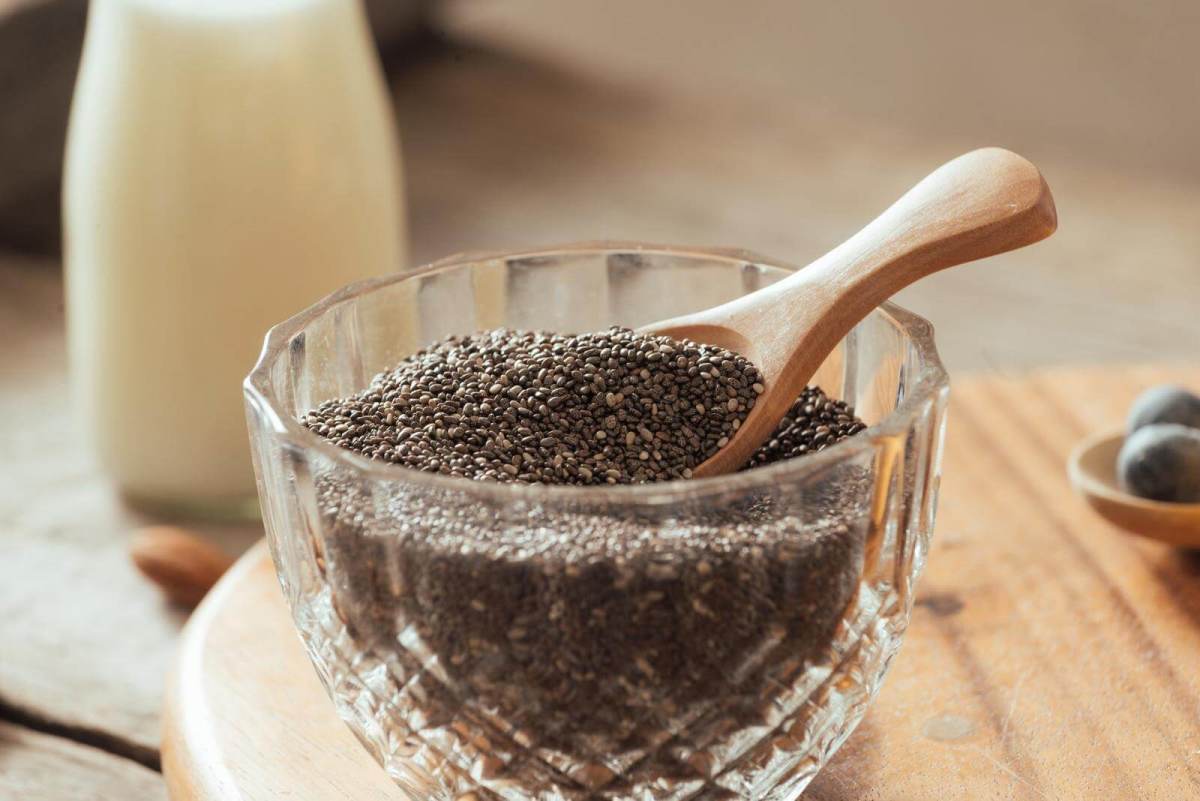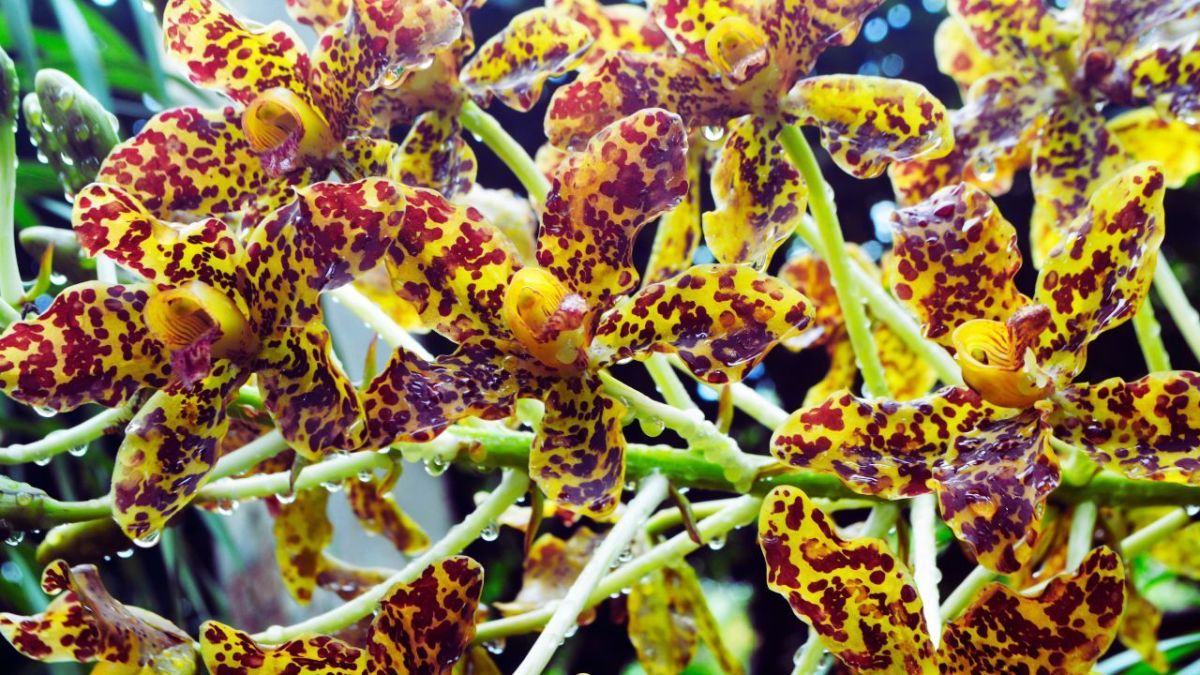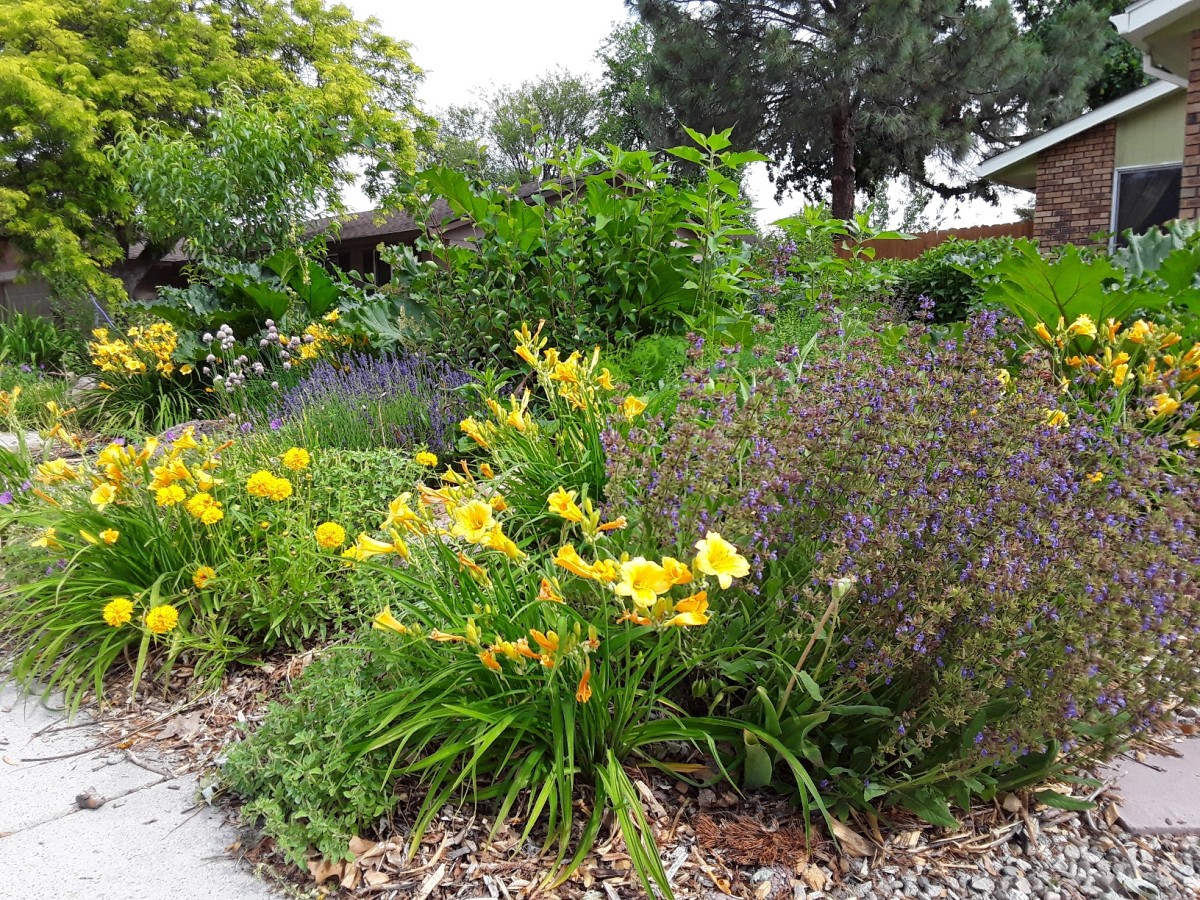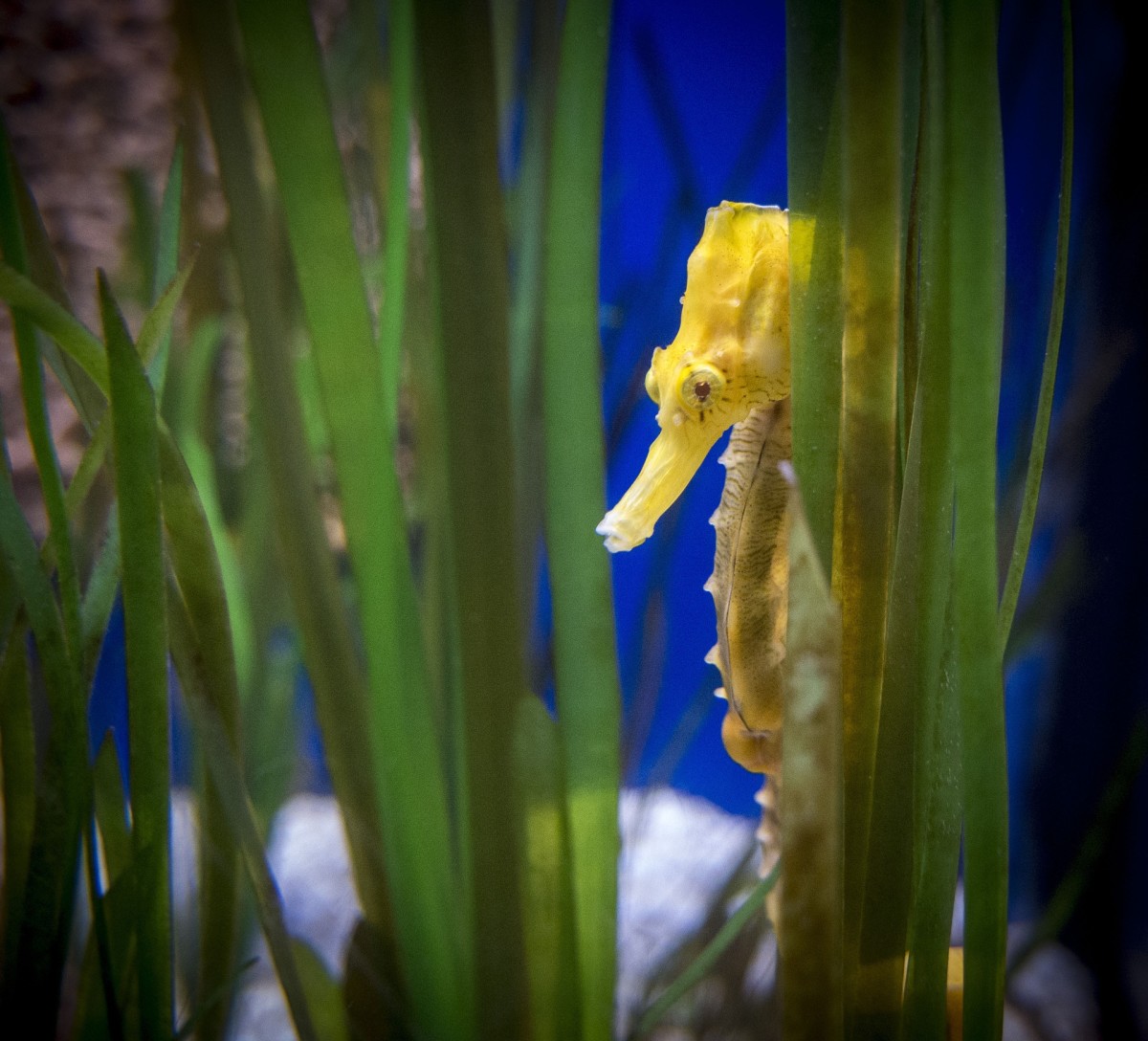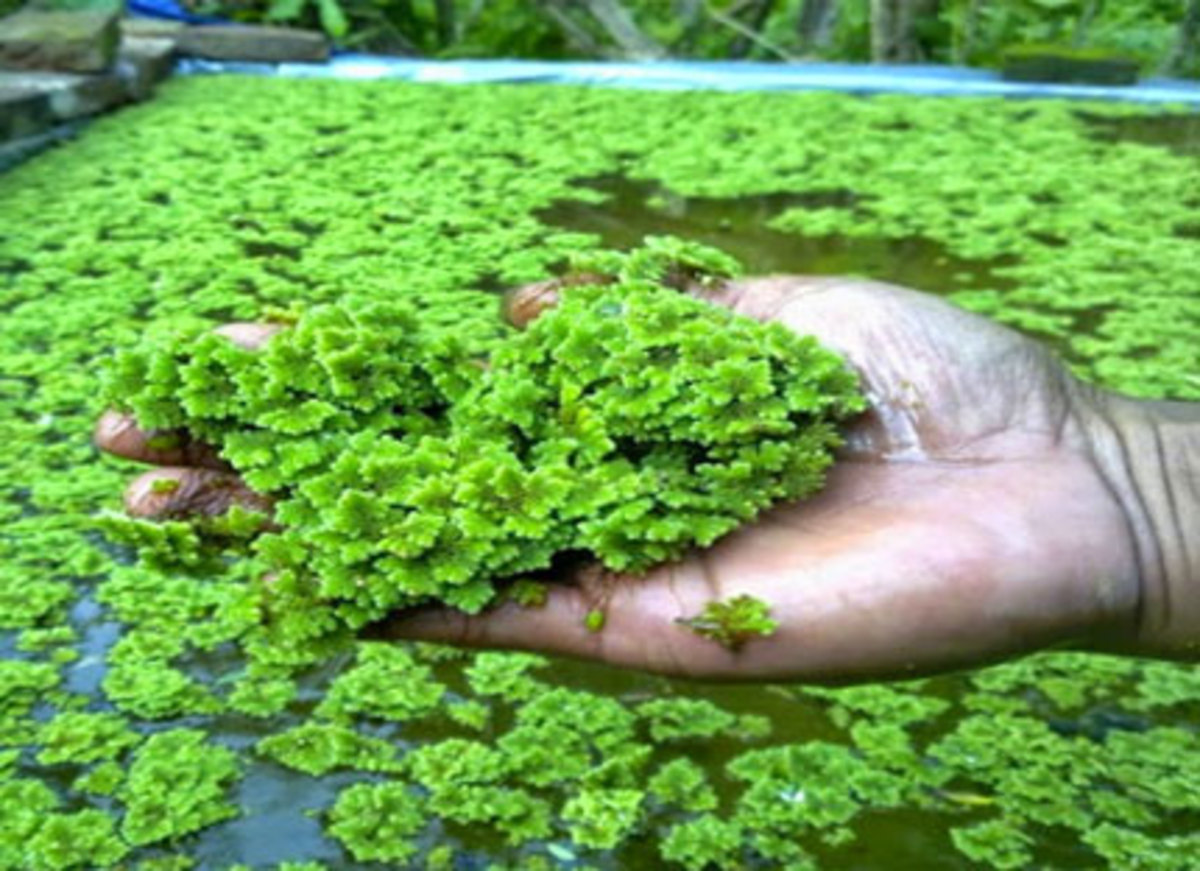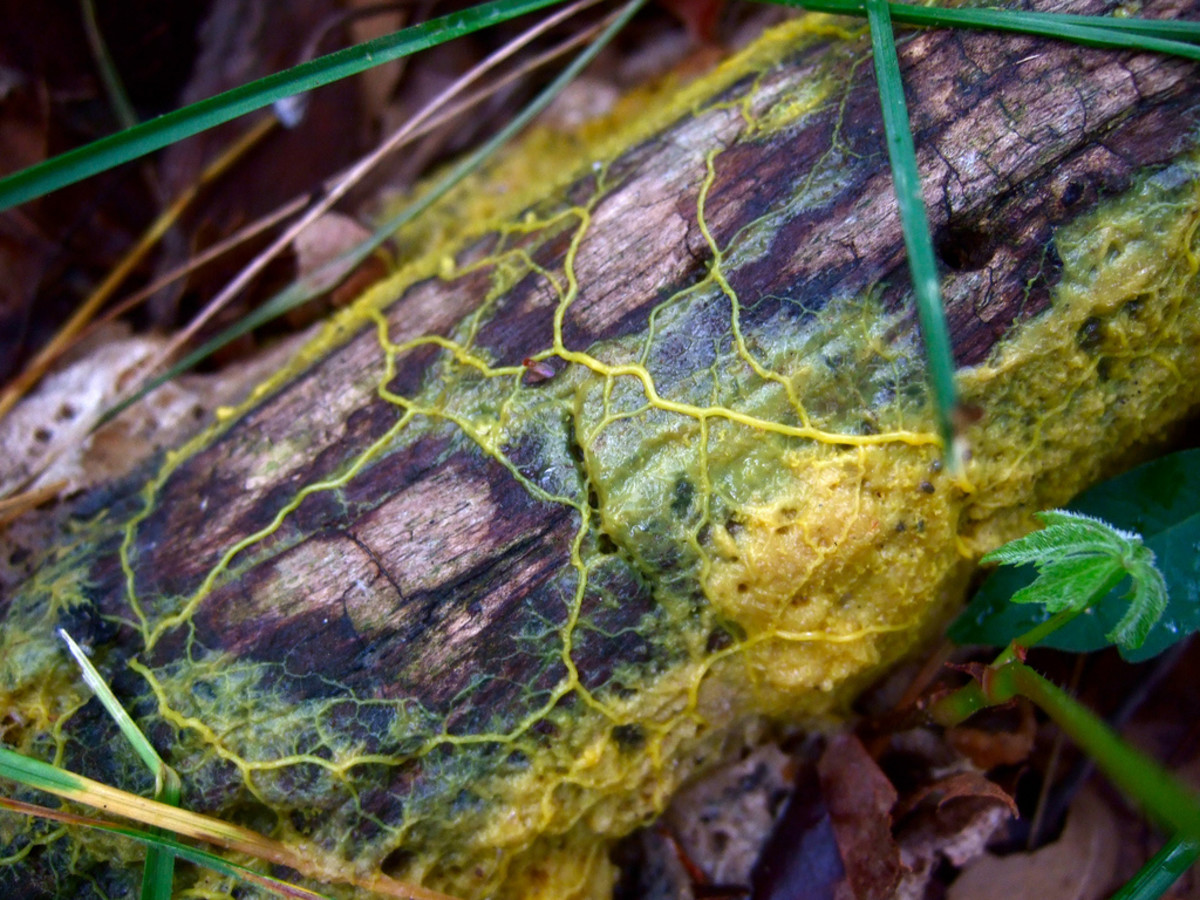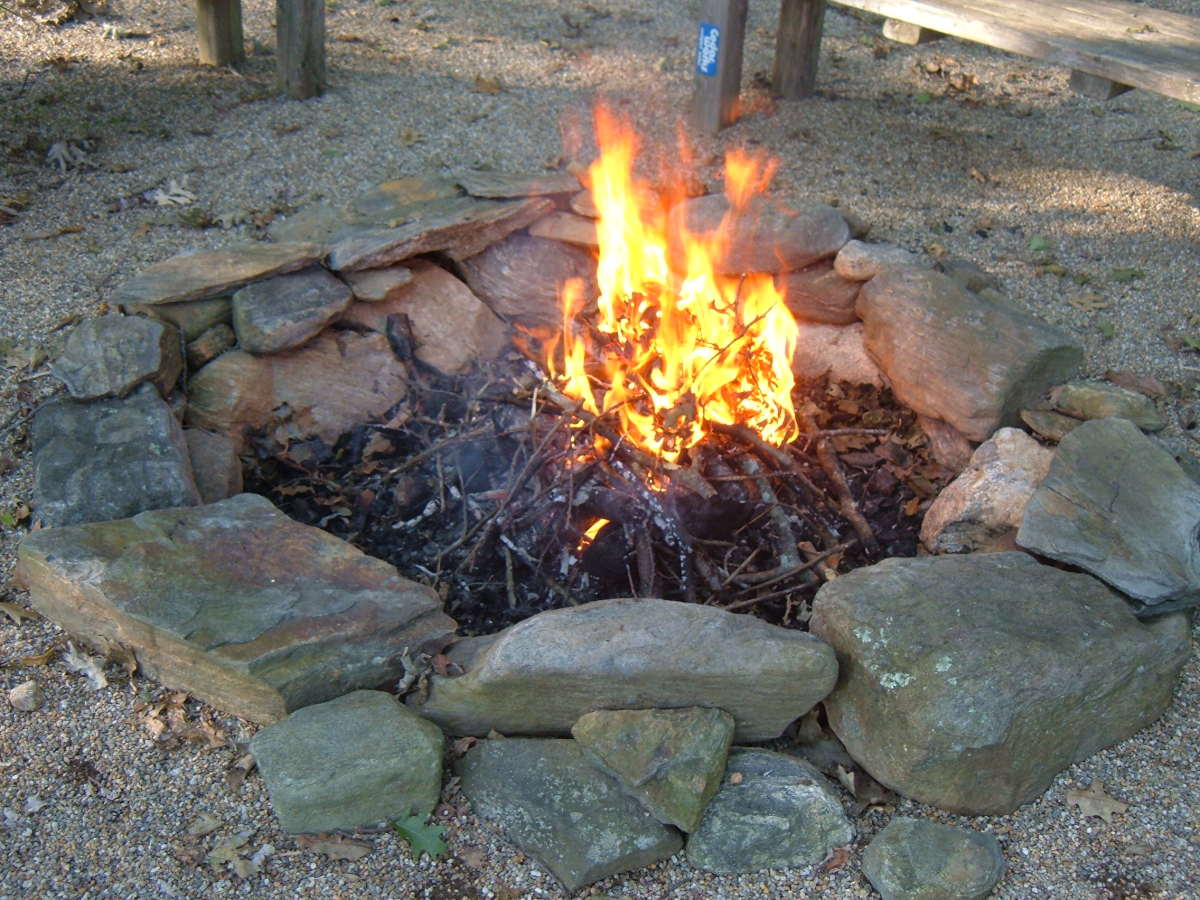Money-Saving Garden Tips
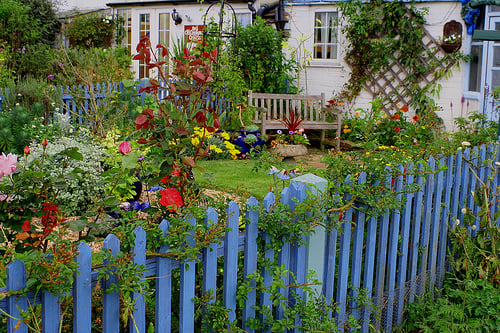
A beautiful garden doesn't have to be an expensive garden. Here are some tips to save money in the garden.
Choose Plants Wisely
Your choice of plants can mean the difference between a beautiful garden that is low maintenance and low cost, and a beautiful garden that is a constant drain on your time and money.
Choose Perennials, Not Annuals
Perennials might cost more to purchase, but they don't need to be re-purchased every year, so they save money in the long run.
Avoid the Prima Donnas
I love hybrid tea roses, but in my area, they are an absolute pain-in-the-you-know-what to grow, falling victim to a host of pests, diseases, and bad weather conditions. I could spend hours and hours of time and hundreds of dollars on fertilizers, pesticides, fungicides, netting, etc. to keep them healthy ... or I could do what I did and choose hardy shrub roses instead. My knockouts bloom cheerfully from June to October with nothing more than an occasional watering in the hottest, driest weeks of summer.
There's nothing wrong with the occasional beautiful specimen plant, but if you have a garden of nothing BUT specimen plants, well, I hope you have money to spare.
I choose hardy plants native to my area as often as possible, and well established, but non-invasive naturalized plants the rest of the time. I make a special effort to find plants that require minimal watering once established, since my area of the Midwest is prone to drought and water restrictions. Not only does it save money on water bills, it's also better for the environment.
Shrink Your Lawn
In many parts of the country, lawns are one of the biggest prima donnas around. If you find yourself putting more money and effort into your lawn than you get enjoyment out of it, consider replacing it with lower maintenance lawn alternatives, such as the low-growing, drought tolerant turf grasses zoysia and buffalograss, groundcovers such as creeping thyme or clover, or landscaping features such as flower beds or vegetable gardens.
Trade Plants with Friends and Neighbors
One of the best and cheapest ways to get plants that you know will do well in your area is to trade with nearby friends, relatives, and acquaintances. Many species, such as iris, daylily, and hosta, can (or even need to) be divided periodically, while you can collect seeds or start cuttings from others.
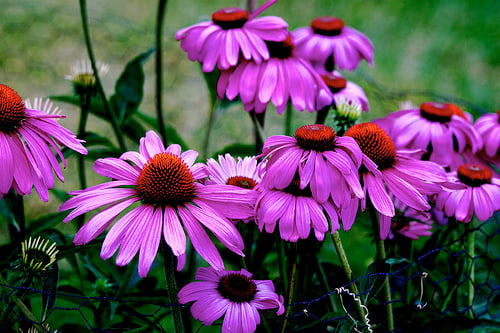
Reduce Your Need for Expensive Fertilizers and Pesticides
Chemical fertilizers and pesticides are a major expense for many gardeners, but there are many ways to reduce your need for them.
Grasscycle
Depending on the type of grass, it is best to cut no more than about 1/3 the height of the grass during any one mowing. When you cut relatively small amounts like this, it is a good idea to leave the grass clippings where they fall on your lawn, rather than collecting them to discard. This simple technique, called "grasscycling," can supply up to 1/3 of your lawn's nitrogen needs, reducing the amount of money you need to spend on fertilizer. The grass clippings also shade the soil, acting like a thin layer of mulch to keep the soil cooler and moister, reducing the need to water, and as they decompose, they add organic matter to the soil, increasing its fertility.
Contrary to popular belief, grasscycling does NOT cause thatch, which is a combination of dead rhizomes, roots, and stems, and is usually caused by too-frequent, shallow watering.
Start a Compost Pile
Compost piles turn yard waste, food scraps, and similar organic materials into rich, beautiful humus. Humus can be used as a mulch or a soil amendment, and it increases the organic matter content of your soil,which improves soil structure, fertility, drainage, and water retention better than any synthetic fertilizer known to man. Best of all, it's completely free!
One of the very best kinds of compost is leaf mold. Instead of throwing your autumn leaves away, corral them in wire bins or shove them into plastic bags, dampen them, and let them sit for anywhere from six months to two years in a spot sheltered from sun and wind. (You can speed up the process by mowing over the leaves first to shred them.) The resulting compost makes an exceptional mulch or soil amendment. It is especially good at improving drainage and water retention in the soil. Leaf mold can hold up to 500 times its weight in water and increases water-holding capacity in soils by 50%. More great uses for leaves.
Go Organic
Going partly or entirely organic can save you hundreds of dollars a year in insecticides, fungicides, herbicides, and fertilizers. And although your garden may suffer a few losses in the short-term,established organic gardens actually lose fewer plants to pests, diseases, and competition than conventional gardens, because they maintain healthy populations of beneficial insects and other friendly species that control pests before they become a problem.
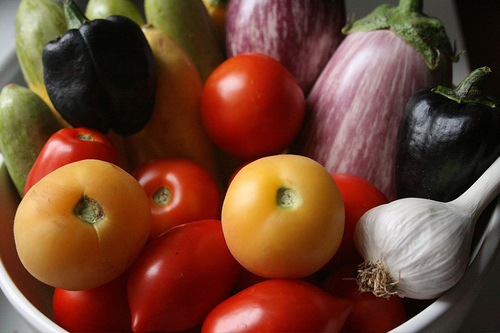
More Gardening Tips
- Best Gardening How-To Books
- Easy Ways To Improve Your Soil
- Getting Started With Scythes
- Landscaping for Energy Efficiency
- Adding Winter Interest to Your Garden
- Viburnums for Year Round Beauty
- Attracting Beneficial Insects To Your Garden
- Plant a Bee Garden
- Attracting Birds With Prairie Plants
- The Winter Bird Garden

HubMob Project
This hub was written for the HubMob challenge: Different ways to save money and find the best deals on stuff.
Come join the fun!




